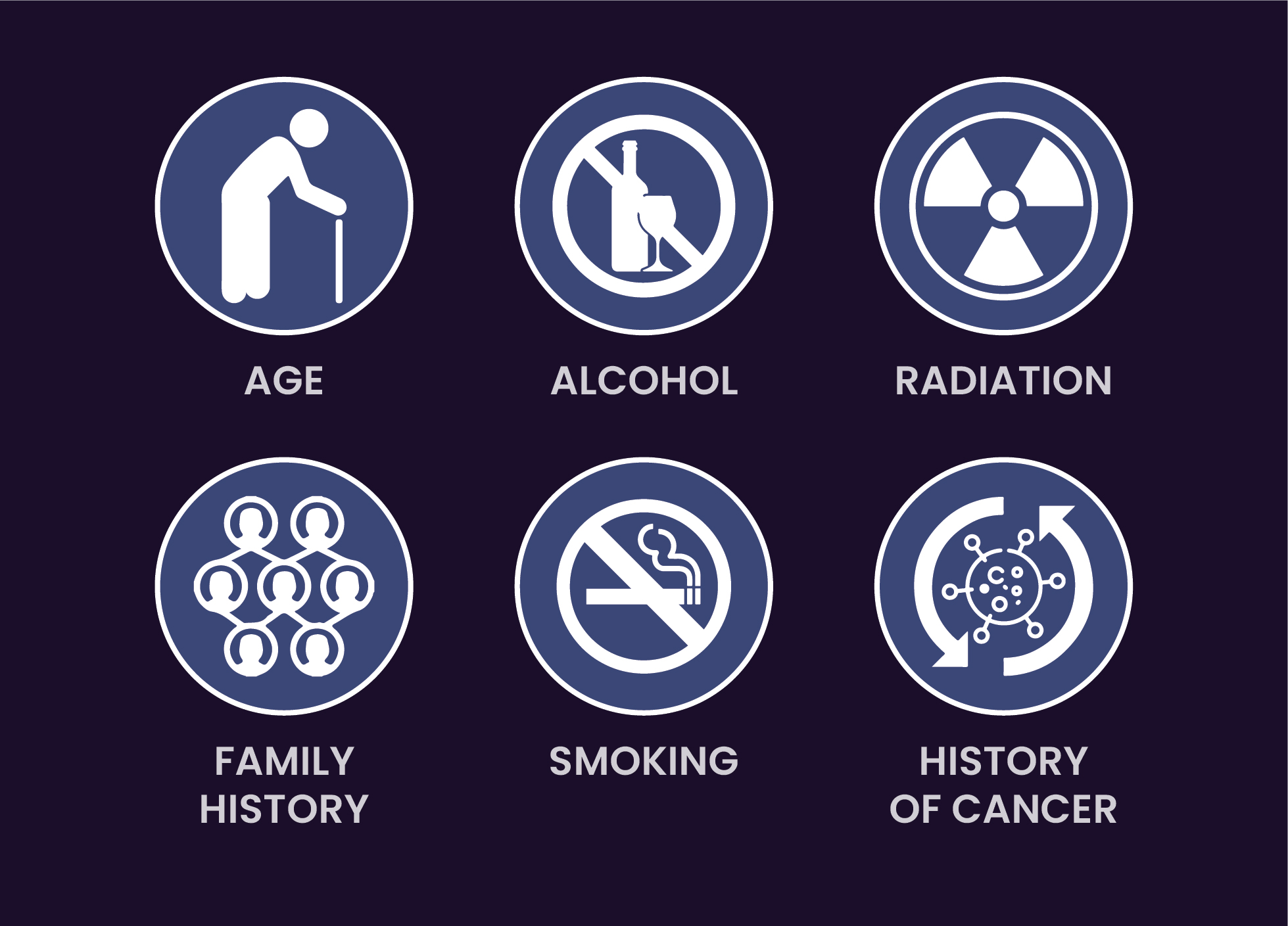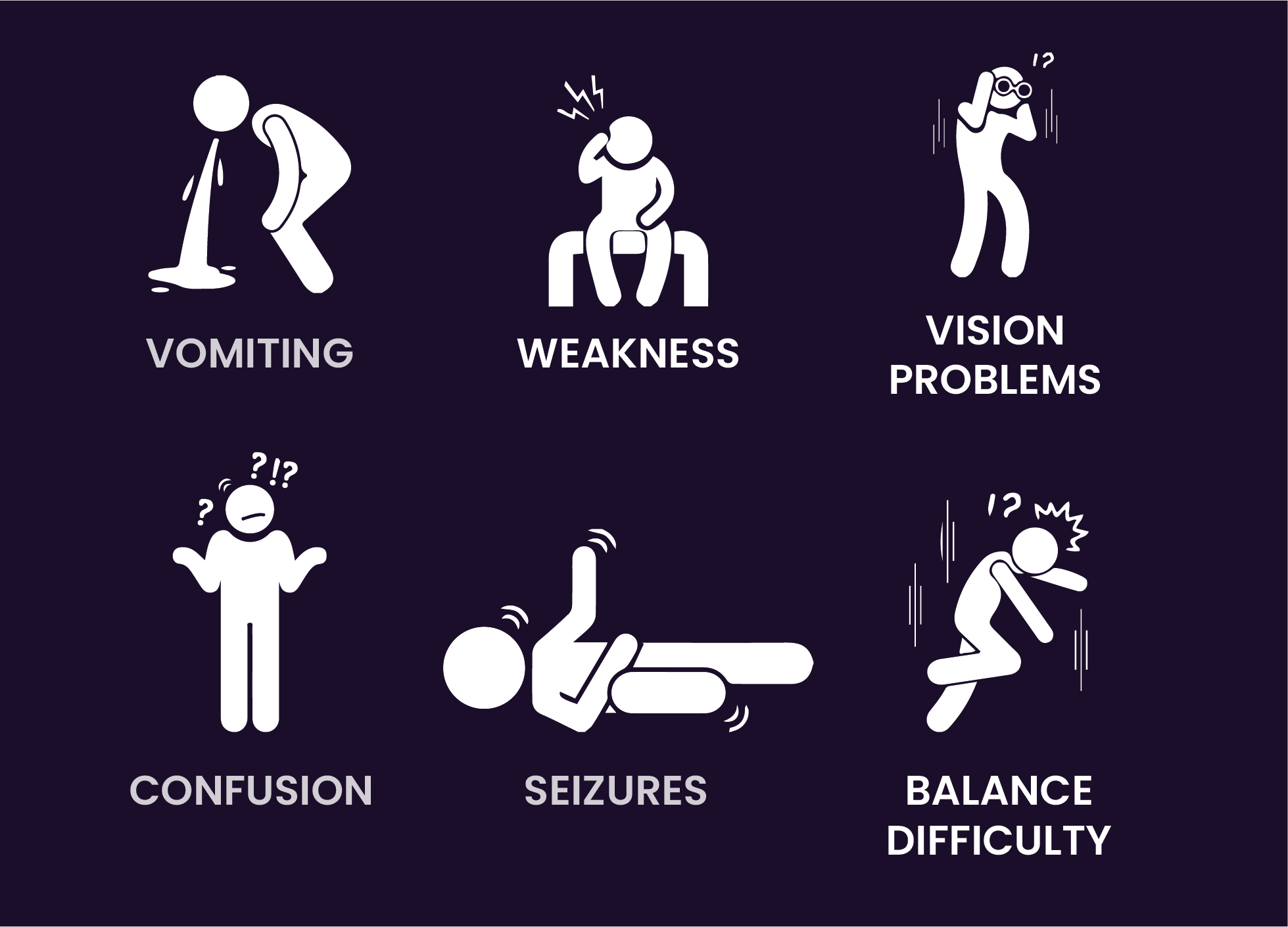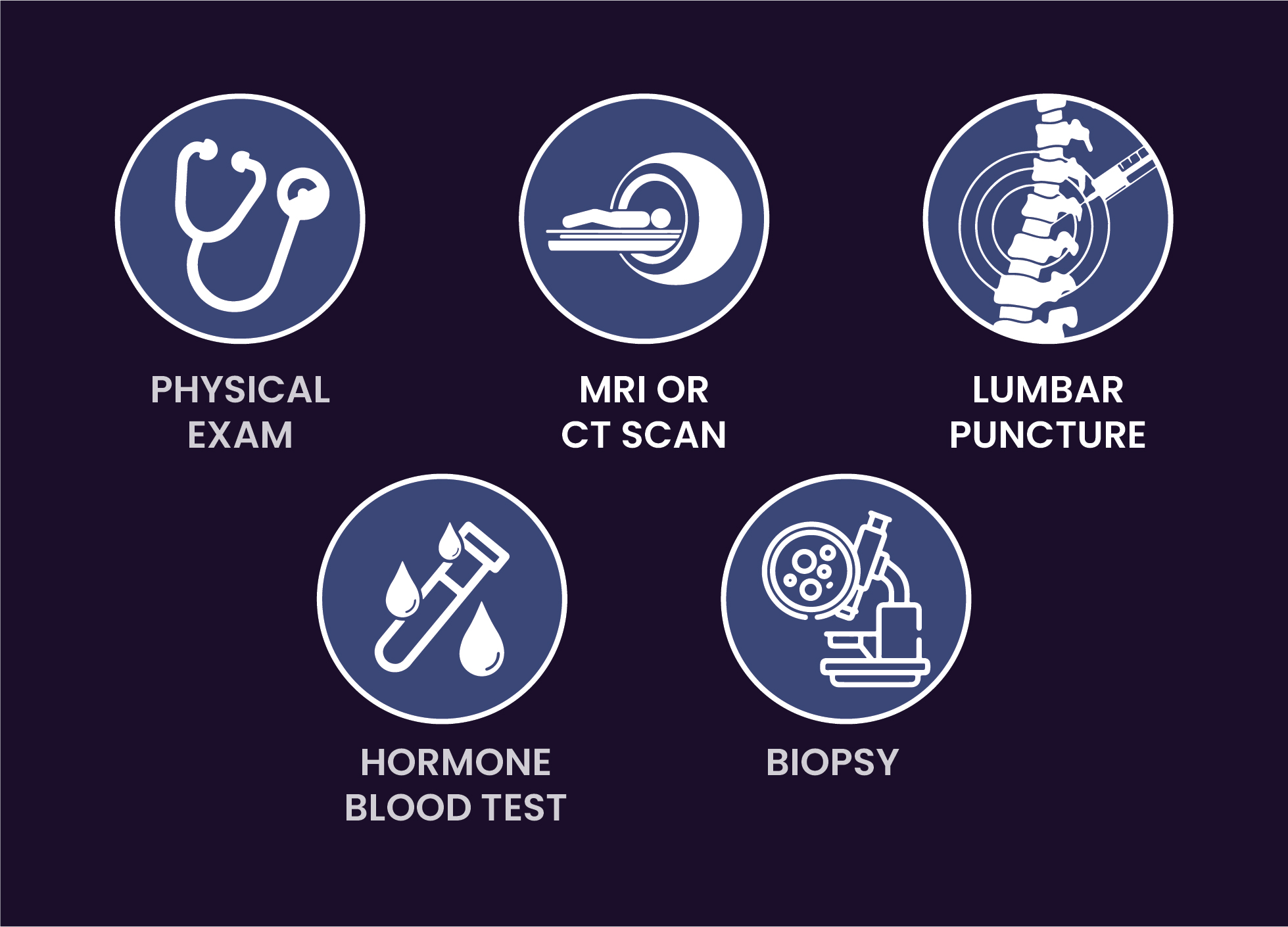Brain Tumor Doctor in Delhi
Introduction
The incidence of brain tumors in India ranges from 5 to 10 per 100,000 population with an increasing trend and accounts for 2% of malignancies.
A brain tumor is a mass, or lump in the brain which is caused when brain cells divide and grow in an uncontrolled way. These brain cells grow and divide differently from healthy cells, forming a high-grade (cancerous) or a low-grade (benign) tumor. The space in our skull is restricted. Therefore, this extra growth inside our brain causes more pressure inside the skull, causing life-threatening complications, and also damaging our brain.
There are over 130 different primary brain and spinal tumors which are grouped and named according to the type of cell they grow from, their location in the brain, and how quickly they are likely to grow and spread.

Types of Brain Tumor
Causes of Brain Tumor
The exact cause of brain cancer is unknown. However, brain tumor doctors have identified factors that can increase your risk of brain cancer include exposure to high doses of ionizing radiation and a family history of brain cancer.
Brain Tumor Risk Factors
Risk factors for brain tumors include:

Signs & Symptoms of Brain Tumor
Brain tumor cancer specialists in Delhi have identified some symptoms of the tumors vary according to the type of tumor and the location. Because different areas of the brain control different functions of the body, where the tumor lies affect the way symptoms are manifested. However, some brain tumor specialists agree that it is possible for tumors to have no symptoms until they are quite large and then cause a serious, rapid decline in health. Other tumors may have symptoms that develop slowly.

Some of the most common symptoms are:
Brain Tumor Diagnosis
If the doctor notices one or more symptoms in a patient, he/she may suggest series of tests to diagnose suspected brain tumors.

Brain Tumor Treatment
Treatment for a brain tumor is decided based on the type, size, and location of the tumor, as well as the patient's overall health. Treatment of brain tumors may include surgery, radiation therapy, Chemotherapy, Targeted Drug Therapy, and radiosurgery.
Brain Tumor Follow-Up
Follow-up may include regular physical examinations with a brain tumor cancer specialist, medical tests, or both. Doctors want to keep track of recovery in the months and years ahead. Many brain tumors are very likely to recur or come back, so you should be routinely monitored for new symptoms and with regular MRI scans. How often you schedule follow-up visits and have scans depends on the type of the tumor and other factors, so your doctors will talk with you about your exact schedule.
How long before brain tumor symptoms show?
There aren’t any specific symptoms of a brain tumor. But, some common signs are as follows-
However, many people may not experience these symptoms. So, instantly consult a doctor when you notice any weird body changes or issues. And if you are facing any signs of a brain tumor, you can consult Dr. Priya Tiwari. She is a brain tumor specialist in Delhi to get the best supportive care and treatment for your disease.
Can you survive with a brain tumor?
The survival of a brain tumor patient depends on various factors. Such as the type, grade, position, and size or shape of a tumor. Also, it is different for adults and children. And survival for cancerous brain tumors is 40% for a year, and 10% persist with their cancer for five years, or maybe more. Some types of tumors cannot be treated and cause death. But, one must not lose faith and courage. The leading brain tumor specialist in Delhi, like Dr. Priya Tiwari, is the ray of hope for such patients. She has successfully treated many brain tumor patients. With the huge progress in medical sciences, chances of cure and survival have increased greatly.
Does stress cause brain tumors?
Stress is not a direct cause of brain tumors. But, it may induce signals to the cells that may develop into tumors. Stress may affect existing brain tumor patients. Also, higher stress levels can cause various health issues and affect your brain badly. The symptoms may be the same as tumors, but it is not necessarily the same. Besides, you must quickly consult a doctor if you face any issues or related signs. However, there is no such proof that people with stress can get brain tumors.
At what age can brain tumors occur?
Brain tumors can occur at any age. But, older people between the ages of 80 to 89 have more risk of getting this disease. Even the teens till 20 years are diagnosed with brain tumors. And 9% of people ages 20 to 35 are detected with this fatal disease. Besides, low-grade tumors like gliomas develop in children aged 5 to 8 years. Also, a common brain tumor in children up to 10 years is called Medulloblastomas.
Can you feel brain tumors?
In the initial stages, you may not notice any symptoms. You can only feel it when it becomes large and puts pressure on your brain or nerves. And it causes headaches quite different from normal or tension headaches. So, you may experience severe headaches often, which won’t go by any pain relievers or aspirin. If you are going through such strong headaches along with sensory changes and different issues, reach out to your doctor immediately. Your physician can understand your problem well and suggest what’s best for you.

